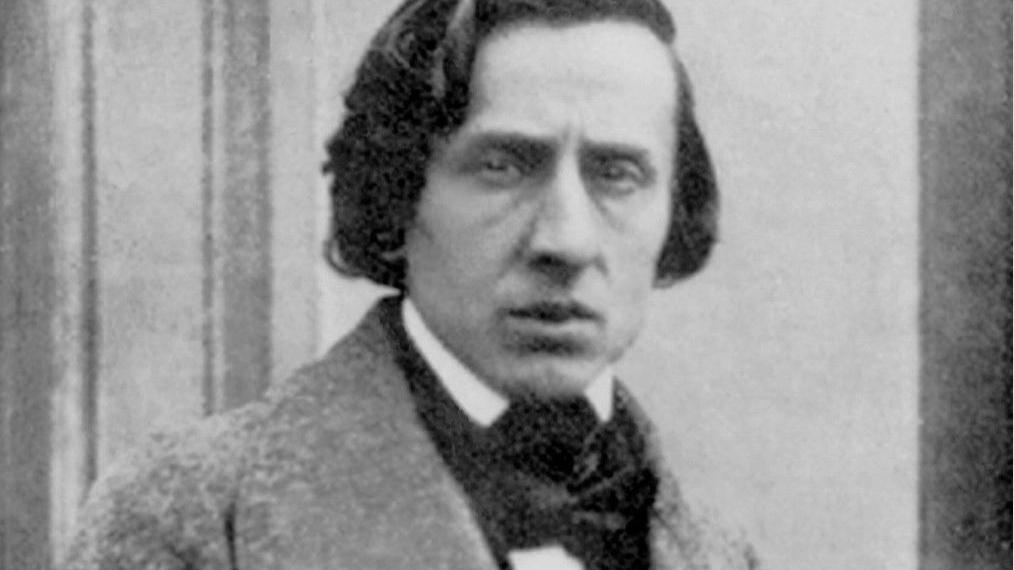Frédéric Chopin’s Op. 27 Nocturnes inhabit a serene, sensuous, and melancholy dreamscape.
The two pieces for solo piano, composed in 1836, are among twenty-one surviving Nocturnes written by Chopin. The form originated a generation earlier with the English composer-pianist, John Field (1782-1837). Chopin’s Nocturnes become magical and atmospheric “songs of the night.” They are bel canto arias without words, in which the piano is transformed into a singing instrument. They are harmonically and dramatically audacious. For Robert Schumann, the Op. 27 Nocturnes represented a “new wave” of piano music.
Heard together, the two Nocturnes take us on a dramatic journey. The first, set in C-sharp minor, was described by the biographer, James Huneker, as “the gloomiest and grandest of Chopin’s moody canvasses.” Out of primordial open fifths emerges a wistful, wandering melody. In the pianist’s left hand, continuous arpeggios rise and fall. The turbulent più mosso middle section soars with restless, heroic passion. Following a brief, waltzing passage, a cadenza returns us to the intimate opening theme. The final bars drift off into serene C-sharp major.
The second Nocturne is set in enharmonic D-flat major. It begins with a serene melody which floats above calm arpeggiating waves. The melancholy which pervaded the previous Nocturne is replaced by reassurance. It’s a sensuous, continuously unfolding “song without words,” filled with vocal embellishments and delicate polyrhythms. At moments, the melodic line breaks into thirds, suggesting an operatic duet. The final bars drift away amid shimmering sixths.
Here are the two Nocturnes, Op. 27, performed by the late Brazilian pianist, Nelson Freire:
Nocturne No. 7 in C-sharp minor, Op. 27, No. 1
Nocturne No. 8 in D-flat Major, Op. 27, No. 2
Recordings
- Chopin: Nocturnes, Op. 27, Nelson Freire deccaclassics.com


Such beautiful pieces! Very nice write-up. I love John Field too.
Thank you, Ellen!
Very nice
Chopin’s music is very emotional. As a pianist myself I concluded its strength, energy, compassion… never boaring compositions. The 3rd part of the 3rd sonata… how demonic and de diversities of his etudes… wow, with Mozart and Rachmaninov, Chopin is one of my favorite composers.